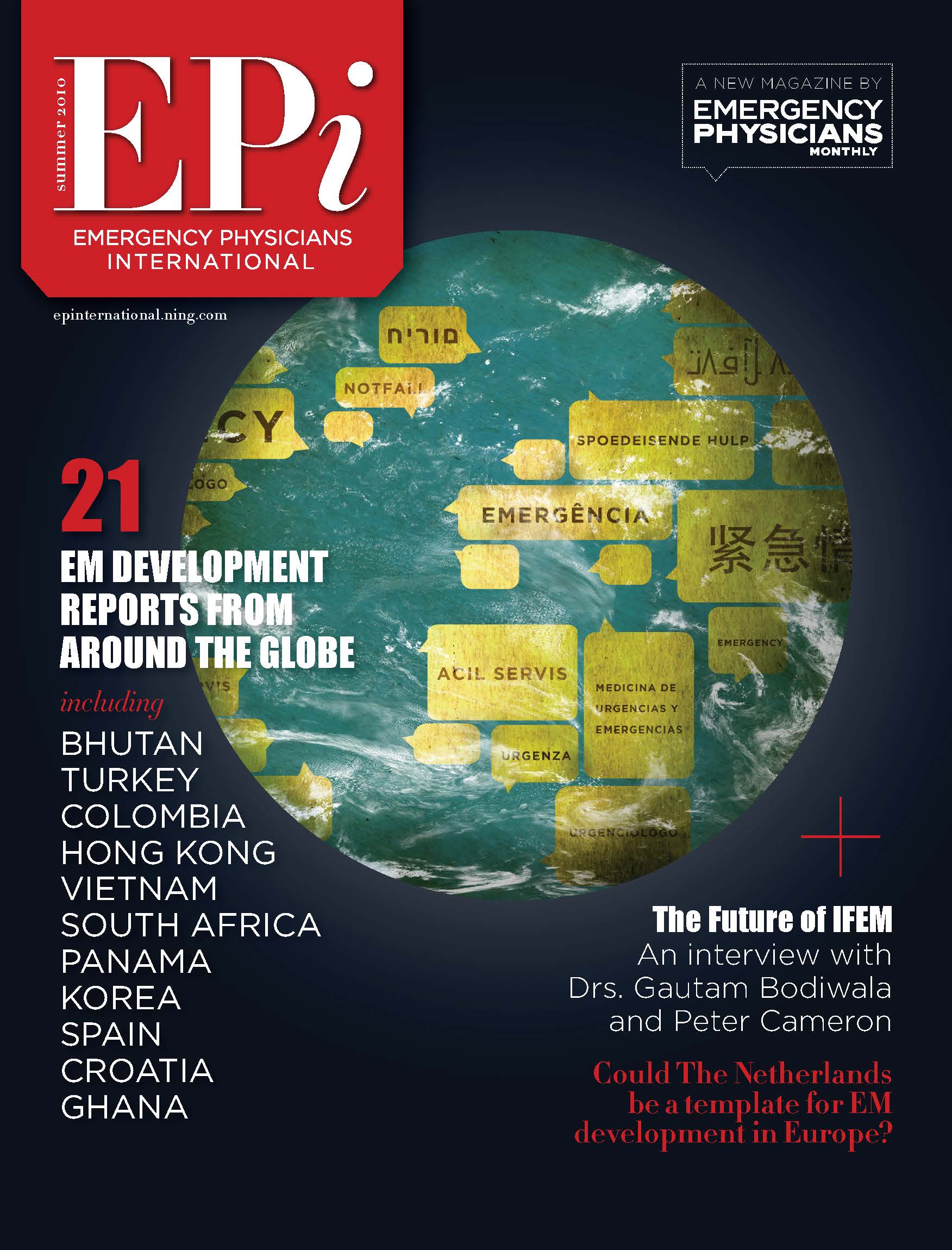Top Stories: September 2021
The New York Times
“The decision by some rich nations to offer booster shots will hinder coronavirus vaccine access for low-income countries, the director of the Africa Centers for Disease Control and Prevention said on Thursday, arguing there is no conclusive evidence healthy people who are not immunocompromised need an extra shot.”
Nebulized Ketamine for Pain Management in the ED
Emergency Physicians Monthly
“I am a big fan of ketamine analgesia. I do not believe a shift goes by when I do not use this medication to relieve pain in one or several patients in my care. It works. Maybe not all the time, but it works. And the reward of seeing patients feeling better and expressing their gratitude is priceless. I firmly believe that at present, little or no doubts at all should surround the utilization of ketamine analgesia in the ED either as an adjunct to other analgesics, or as a single agent, or both. I am even a bigger fan of doing research on ketamine analgesia in the ED. My research team has been pushing the boundaries of Emergency Medicine algiatry by studying analgesics efficacy and safety of sub-dissociative dose ketamine given either intravenously or intranasally in managing a variety of painful syndromes in the ED.”
Health Affairs Blog
“The COVID-19 pandemic has reminded us that no country is immune to the threat posed by emerging infectious diseases. Ensuring prompt, affordable, and equitable global access to potentially life-saving therapies, including biologic products such as monoclonal antibodies (mAbs), is therefore imperative. Monoclonal antibodies can be effective at decreasing hospitalization rates and progression to severe disease and death for patients with mild to moderate COVID-19. In addition, mAbs have been shown to improve survival in patients hospitalized with COVID-19 who have not mounted their own immune response. They may also have a role in preventing infections, particularly in unvaccinated close contacts of confirmed COVID-19 cases.
The pandemic has sparked innovation and has demonstrated that mAbs for a new virus, such as SARS-CoV-2, can be developed, tested, and authorized for use in just months. However, to date, their uptake has been limited and their impact on global disease burden has yet to be fully realized.”
A new strategy for health and sustainable development in the light of the COVID-19 pandemic
The Lancet
“To build a post-pandemic future, in which everyone's health is protected and promoted, what can we learn from the events of the COVID-19 pandemic and previous crises? The Pan-European Commission on Health and Sustainable Development, established by the WHO Regional Office for Europe and comprising experts from a wide range of backgrounds and across the pan-European region, has now set out an ambitious agenda to achieve a healthy and secure future for all in its new report.”
Emergency Physicians: Spotting the Warning Signs of Suicide Can Save a Life
American College of Emergency Physicians
“September is Suicide Prevention Awareness Month, and the pandemic continues to impact everyone’s mental health in different ways. Anyone can learn the warning signs of suicide risk and do their part to support those who may need help, according to the American College of Emergency Physicians (ACEP).”
Global health experts share findings from year-long “Rethinking malaria” consultation
World Health Organization
“In 2017, WHO warned that the global response to malaria had reached a crossroads. After 15 years of success in global malaria control, progress had levelled off, and many countries with a high burden of the disease were losing ground.”







